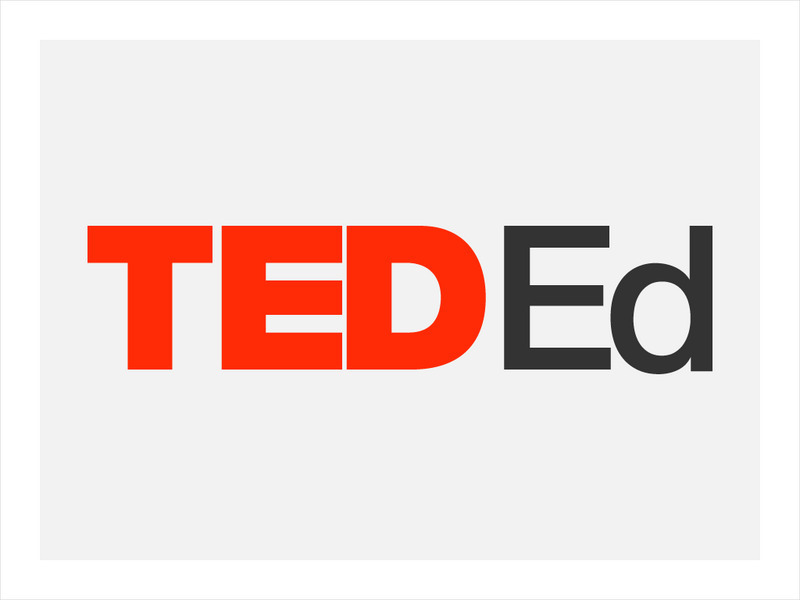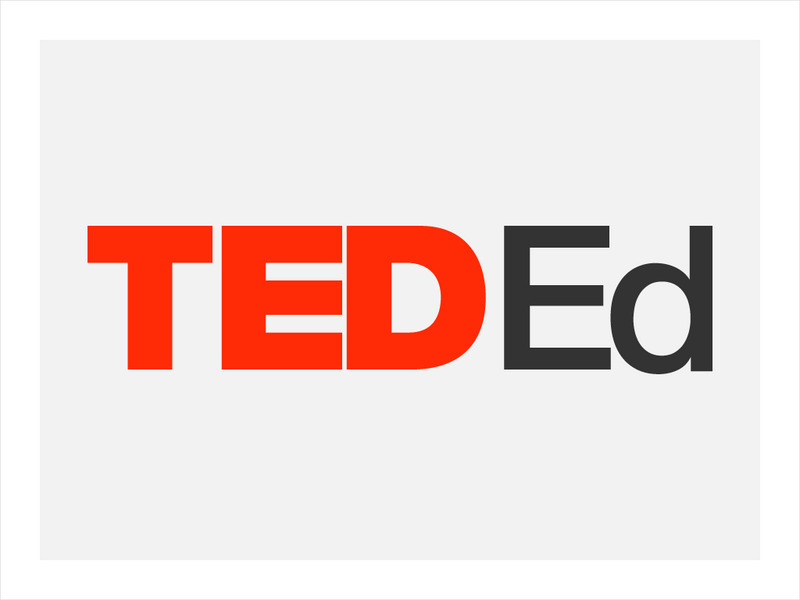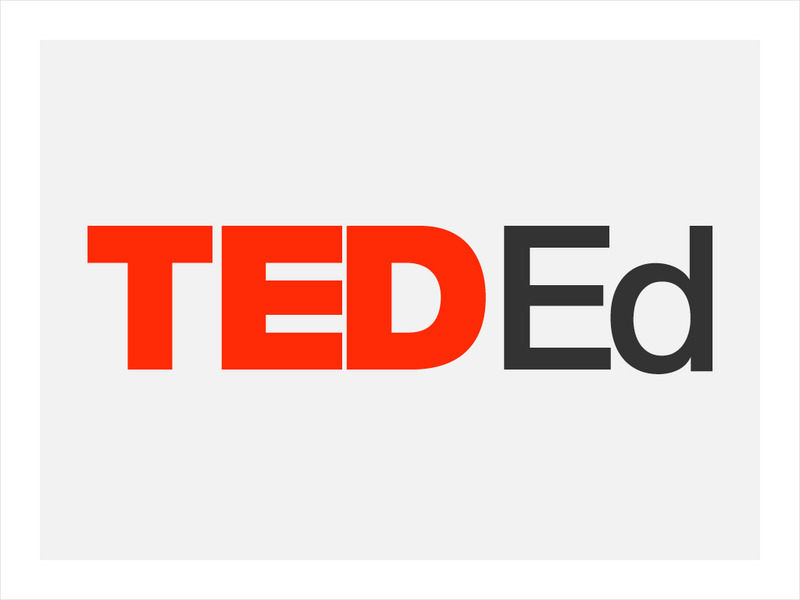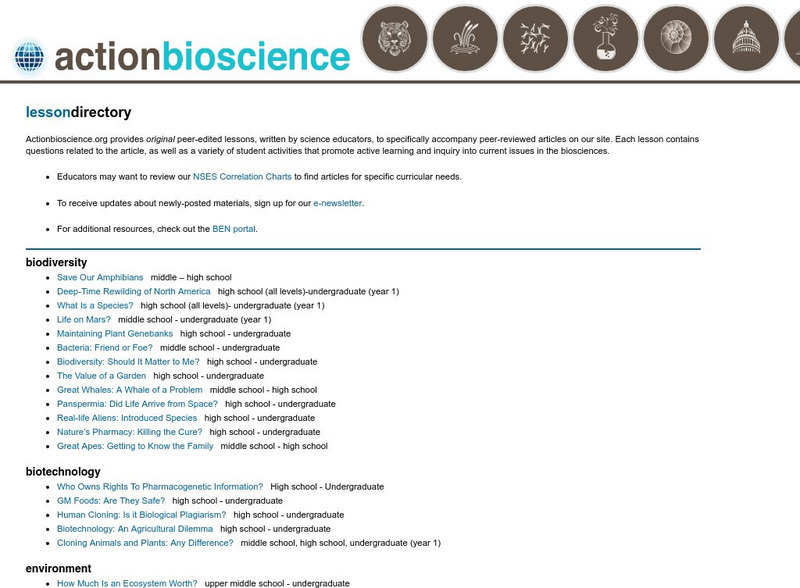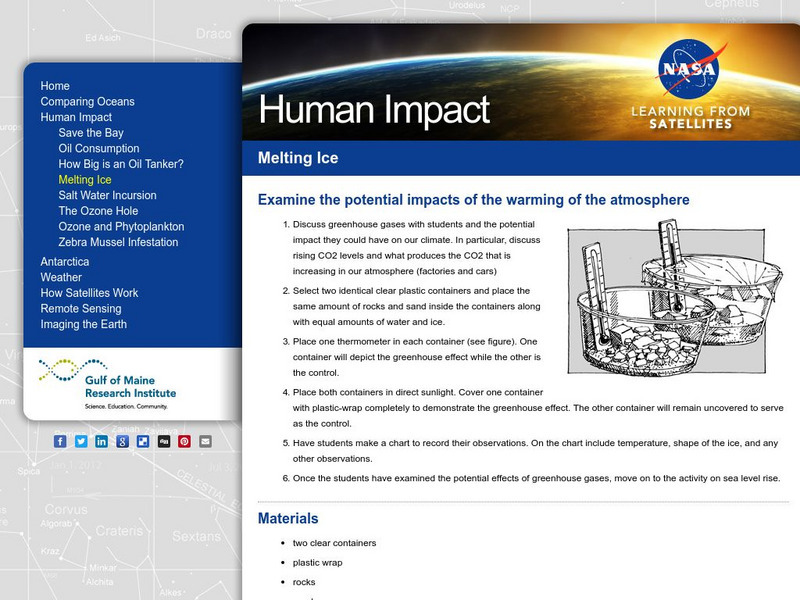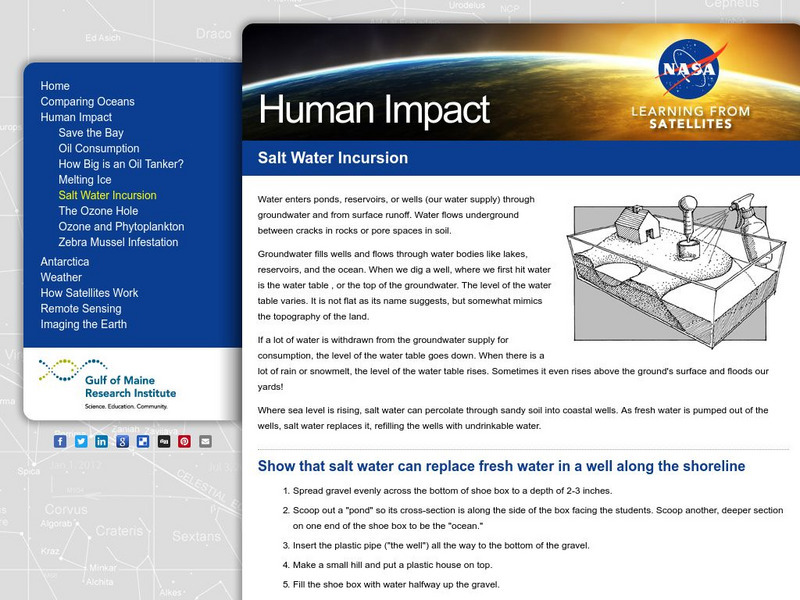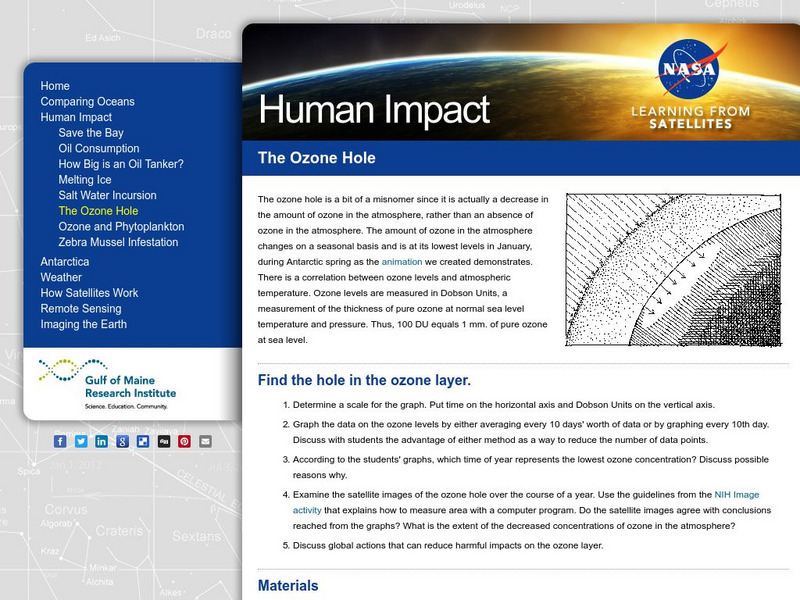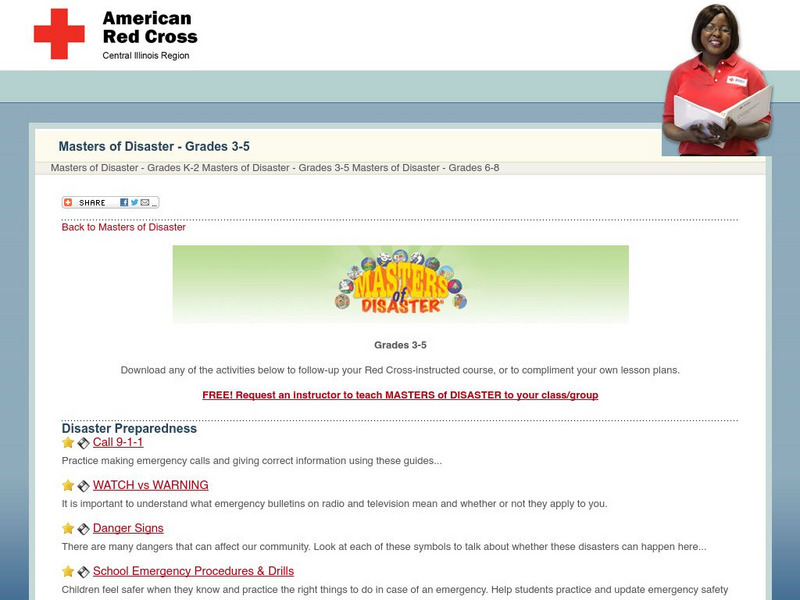NASA
Nasa: Meteorology
Educator's resource guide to be used as a supplement to existing curriculum and to enhance the understanding of inquiry-based learning from both the educator/teacher's perspective as well as from the learner's perspective. Individual...
Other
Utlp: Science Lessons
A collection of science lessons provided by a professor at the Universite de Trou-Les-Pommes. Find resources for studying humans, plants, genetics, etc.
Other
American Red Cross: Masters of Disaster: Grades 6 8
This resource presents many science lessons with related activities for students in grades 6-8. Content addresses tools for coping with disasters such as tornadoes, fires, lightning, floods and general preparedness.
US Geological Survey
U.s. Geological Survey: What's in My Soil? [Pdf]
Lesson plan engages students to separate, examine and identify the major components of soil to better understand how these components give soil its unique physical characteristics.
Other
Wet in the City: A Recipe for Clean Water [Pdf]
In this hands-on lesson, middle schoolers will examine the labels on common household products to determine what hazardess chemicals they contain, then test less toxic alternatives to see their affects on water quality. Students will...
Other
Lunar and Planetary Institute: Explore! Ice Worlds
Features a collection of hands-on activities, investigations, and explorations designed to engage students in learning about ice, both in the solar system and on planet Earth.
Scholastic
Scholastic: Something Fishy
Students observe and discuss goldfish in this lesson. There is a printable journal page where students can draw and label the parts of a fish and a literature connection with the book The Rainbow Fish.
Scholastic
Scholastic Instructor: Wonderful World of Whales
Have your students ever wondered what it is like to be a whale swimming in ice cold water. In this lesson plan they can experience that as well as learn other facts about the lives of whales.
NASA
Nasa: Mars for Educators
A wealth of educator resources for studying Mars. Includes lesson plans relating to Curiosity, imagining Mars, and classroom activities exploring Mars.
Other
American Coal Foundation: The United States of Energy
Help learners learn about coal and its role in energy and electricity. The United States of Energy is a complete classroom program that allows students to learn about the many energy sources that power the United States and includes...
Other
American Coal Foundation:lesson Plan:how Much Does It Cost to Light the School?
Lesson explores where electricity comes from, how much it costs, and the amount of coal that is used. Learners will relate these concepts to how much coal is needed to light their school/classroom for one hour.
Curated OER
National Park Service: Bering Land Bridge National Preserve
Hands-on curriculum unit in which students will explore the Bering Land Bridge National Preserve and learn about the past and present cultures of this arctic landscape. Students will also discover the plants, animals, and geology of this...
Other
University of Cincinnati: Project Step: Build a Bridge
In this two-period lesson, students work in teams to focus on the real-world application of bridge design and construction based on capacity, cost, and aesthetics.
Science Buddies
Science Buddies: Make a Water Cycle Model
In this lesson, students will explore how water is continually cycled among land, the oceans, and the atmosphere.
Curated OER
National Park Service: Fossils in Time Unit
For this lesson, students learn about the earth's past by studying clues that have been left behind, such as fossils and rocks. Students will find the answers to many questions: What is paleontology?, What is geological time?, What can...
TED Talks
Ted: Ted Ed: How Life Begins in the Deep Ocean
Educator, Tierney Thys, relates the story of a sea urchin's different phases of development while revealing a beautiful tale of fertilization, development and growth in the deep ocean. [6:02]
TED Talks
Ted: Ted Ed: Sex Determination: More Complicated Than You Thought
There are vastly different systems of sex determination among animal life on earth. In this TED Ed presentation biologist, Aaron Reedy, shows us the incredible differences between species when it comes to determination of gender. [5:46]
TED Talks
Ted: Ted Ed: Patricia Burchat Sheds Light on Dark Matter
Watch as physicist, Patricia Burchat, discusses two basic ingredients of our universe, dark matter and dark energy, and the effects they have in the expanding universe. [17:09]
American Institute of Biological Sciences
Action Bioscience: Lesson Directory
Peer-edited, educator written science lessons on current bioscience issues. Each lesson correlates to a peer-reviewed article on that topic, and contains questions about the article and a variety of engaging activities for students.
Gulf of Maine Research Institute
Human Impact: Melting Ice
Lesson plan examines the potential impacts of the warming of the atmosphere.
Gulf of Maine Research Institute
Human Impact: Salt Water Incursion
Lesson plan shows students that salt water can replace fresh water in a well along the shoreline.
Gulf of Maine Research Institute
Human Impact: The Ozone Hole
Classroom activity focuses on the ozone hole. Provides list of materials needed, background information, and procedure.
Other
American Red Cross: Masters of Disaster: Grades 3 5
This resource provides many science lessons with related activities for children in grades 3-5 regarding disaster preparedness. The resource covers tornadoes, fires, lightning, floods and general preparedness information.
Other
Council for Environmental Education: Flying Wild: The Birding Beat [Pdf]
Activity that teaches students how to identify birds. Some useful characteristics to watch for include silhouette, habitat, plumage, sounds, and behavior.


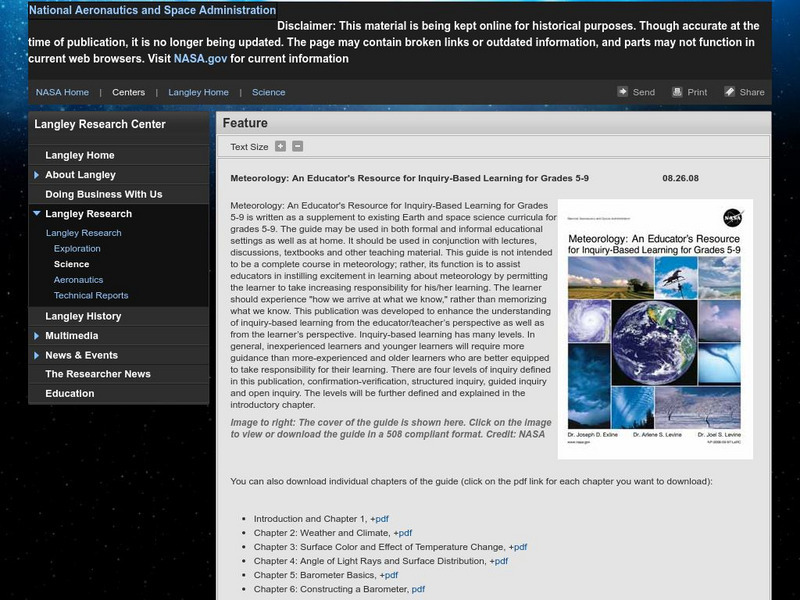


![U.s. Geological Survey: What's in My Soil? [Pdf] Lesson Plan U.s. Geological Survey: What's in My Soil? [Pdf] Lesson Plan](https://d15y2dacu3jp90.cloudfront.net/images/attachment_defaults/resource/large/FPO-knovation.png)





